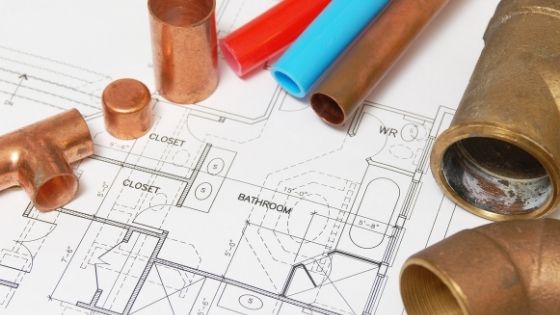Let’s face it: we’re in a jam. There’s no way out. Most people don’t pay much care to the pipes or plumbing system in their homes unless there is a problem. Follow a few preventative maintenance practices for emergency plumbing in Sydney. You may find that you are better prepared to deal with any plumbing emergencies that may arise or, even better, that you can avoid them altogether!
It is simple to keep your home’s plumbing system in good working order and to avoid plumbing problems if you follow these maintenance guidelines:
Plumbing checklists should be scheduled for each season.
Depending on the season, your plumbing system will experience a different set of challenges and issues. Summer needs a greater intake of freshwater in Sydney. The protection of the system from cold weather and freezing temperatures is essential during the winter months. Maintaining a checklist of chores that must be accomplished to prepare your plumbing system for both warmer and colder weather at least twice a year can help you stay on track and avoid getting behind in your work or emergency plumbing in Sydney.
Recognize when an inspection is required and when it is not.
It doesn’t matter how much expertise you have as a do-it-yourselfer; a professional plumber should only complete some tasks. Take the time to conduct your research and find a local plumber that you are familiar with and who you can trust to perform an examination and aid you in identifying any potential problems before they develop.
Always be on the lookout for leaks and check for them regularly!
Failure to remedy a modest, non-major leak can result in hundreds of dollars in wasted water over a year, even though it may appear obvious. Ensure that all of your faucet handles are in excellent functioning condition. Check the underside of sinks, the valves and pipes around the toilet, outside valves, hose connections, and large appliances such as refrigerators, dishwashers, and washing machines. The ideal schedule for this is once a month, and it should be included on your yearly plumbing maintenance checklist.
Ensure that you are only disposing of acceptable materials for your drainage system.
Inspect the water pressure in your home regularly.
Even though every home has a somewhat different degree of water pressure, if yours decreases significantly whether you’re taking a shower, bathing, or washing dishes, it’s time to look into what’s going on. The aerators should be cleaned if the low pressure comes from a faucet or showerhead since sediment may have accumulated over time. In addition, a water pressure gauge may be used to assess the amount of water pressure that is currently present. The main water leak may result in decreased water pressure even if the cause of the problem cannot be identified. Contact a plumber as soon as possible if you find yourself in this situation!
Keep in mind that you should avoid clogging drains at all costs!
Clogging and accumulation are caused by any foreign object flushed down the toilet, through shower and bath drainage systems, sink drains, or garbage disposals that are not intended to be flushed down the toilet. Disposal systems, such as garbage disposals, cannot cope with all types of food leftovers. Foods that are high in fibre and cooking oil or lipids that have cooled after being cooked may cause digestive problems. A build-up of hair can also occur in the draining systems of showers and baths. Observe how water drains in plumbing spots throughout your home to ensure effective drainage once again. It is more likely that a clogged pipe or drain will occur if it operates more slowly than normal.

